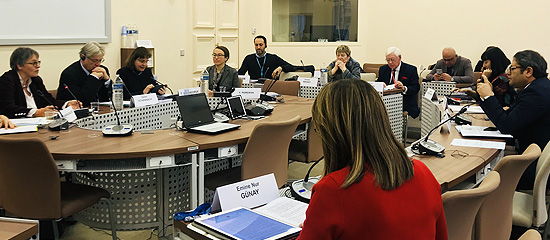The use of human cells and tissues for transplantation and research, while saving lives and restoring essential physical functions, “raises many ethical and legal questions”, according to the Committee on Social Affairs, Health and Sustainable Development, which pointed out that in 2016, within the EU, over 2 million human tissue and cell units had been distributed for medical use.
The report by Reina de Bruijn-Wezeman (Netherlands, ALDE), unanimously adopted today by the committee, highlights ethical and safety-related scandals, such as procurement without consent or authorisation, inadequate testing, inaccurate or false donor files, irresponsible allocation and illegal trade.
The adopted text underlines that the international legal framework developed by WHO, the EU and the Council of Europe includes ample provisions to ensure quality and safety of tissues and cells, “specifying the principles of consent, prohibition of financial gain and authorisation requirements”. However, “these principles are not fully implemented and their violations are not systematically prosecuted,” the parliamentarians stressed.
In this context, the committee considered that the Committee of Ministers should “initiate the drafting of a legally binding Council of Europe instrument against trafficking in human tissues and cells, possibly in the form of an additional protocol to the Convention against trafficking in Human Organs.
Read also
According to the committee, this legal instrument should “provide a definition of illicit activities in this area” and be based on a comprehensive approach covering crime prevention and repression, victim protection, promotion of appropriate policies, as well as national and international co-operation.
PACE

























































